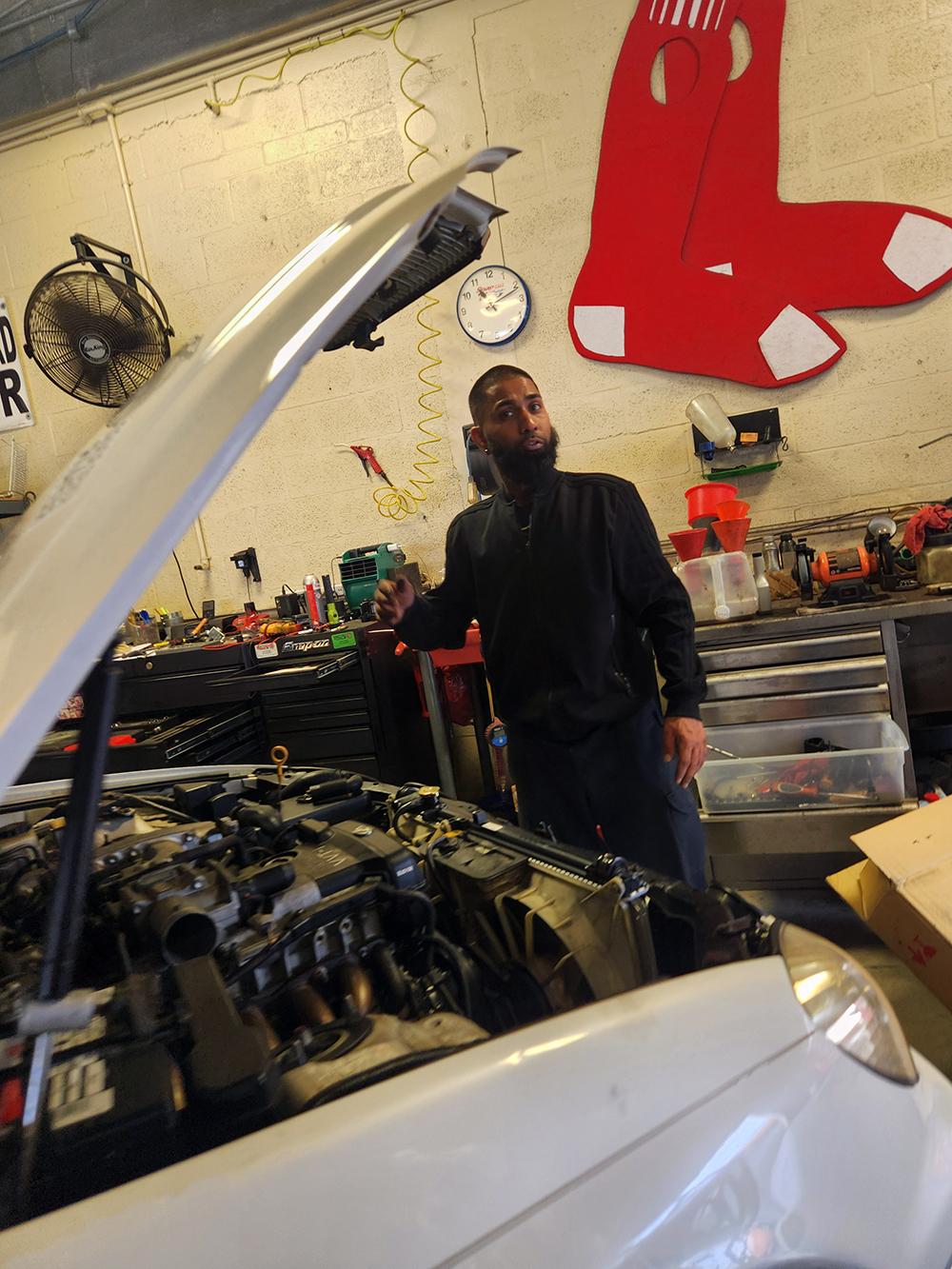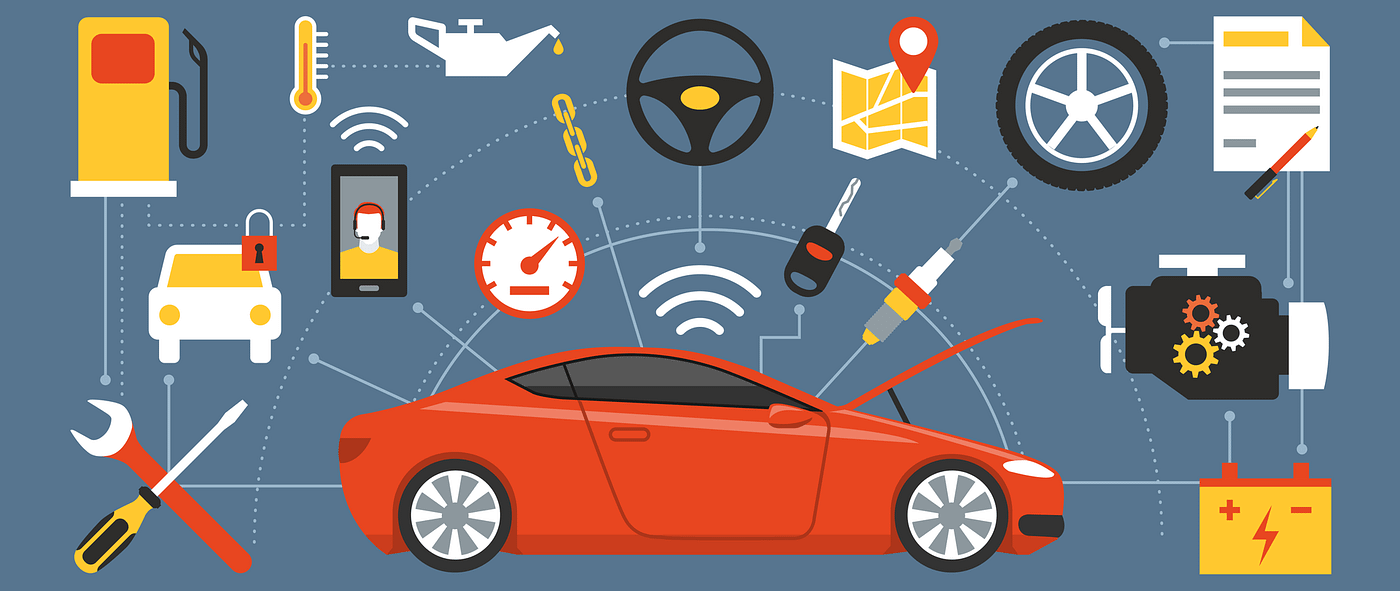All Categories
Featured

The exhaust system in your vehicle plays a crucial role in keeping engine performance, decreasing emissions, and boosting overall efficiency. It works by guiding exhaust gases away from the engine, assisting to reduce sound and guaranteeing that harmful gases are effectively filtered prior to being released into the atmosphere. Over time, however, the exhaust system is subjected to harsh problems, including severe temperature levels, dampness, and roadway debris, which can result in rust, corrosion, or even failure. By taking correct treatment of your exhaust system, you can extend its life and avoid pricey fixings. Here are some vital pointers on exactly how to do simply that.
- Routine Evaluations and Maintenance. The finest method to protect against significant problems with your exhaust system is by having it examined routinely. If you listen to uncommon sounds, such as a loud grumbling noise or a hissing sound while driving, it may indicate an exhaust leakage or one more concern that needs instant focus.
- Tidy Your Exhaust System. Too much dirt, particles, and road salt can speed up rust and rust on your exhaust system. Pay unique focus to areas around the exhaust pipelines and muffler, specifically after driving in wet or salted conditions.
- Stay Clear Of Short Trips. If you take short trips around community, specifically in colder weather, it's necessary to recognize that your exhaust system does not get the possibility to heat up fully. During longer drives, the exhaust system gets to a high sufficient temperature level to melt off any kind of wetness and condensation inside the pipelines.
- Drive Properly. How you drive can have a significant influence on the lifespan of your exhaust system. Hostile driving, consisting of rapid velocity, difficult stopping, and excessive rate, can create unneeded tension on the exhaust elements.
- Fix Exhaust Leaks Immediately. A leaking exhaust system can cause hazardous gases, such as carbon monoxide, to go into the cabin, which can be harmful to travelers. Ignoring an exhaust leak can lead to more substantial damage to the entire system, consisting of the catalytic converter, which is costly to replace.
- Replace Faulty Oxygen Sensors. If these sensing units end up being malfunctioning or use out, they can lead to ineffective engine procedure, enhanced emissions, and pressure on the exhaust system. Replacing defective sensors quickly can stop additional wear on your exhaust system and boost fuel efficiency.
- Shield Your Exhaust System from Road Hazards. Holes, roadway debris, and driving over visuals can create damage to the exhaust system, bring about splits, damages, and even the complete failing of certain components. To secure your exhaust system, try to prevent driving over challenges that can create damage. Be cautious when driving on rough or unequal terrain, and take note of the roadway conditions, particularly in areas with regular construction or roadway work.

- Maintain Your Engine. A properly maintained engine plays an essential function in extending the life of your exhaust system. If your engine is misfiring or otherwise running effectively, it can cause excess gas and dangerous emissions to go into the exhaust system. This can cause a boosted workload for the catalytic converter and various other exhaust components, potentially triggering damage. Normal engine maintenance, consisting of changing the oil, changing ignition system, and examining the air and fuel filters, can aid maintain your engine running smoothly and decrease the pressure on your exhaust system.
Final thought. Regular inspections, timely repairs, and accountable driving habits are essential to extending the life of your exhaust system. By following these straightforward tips and preserving your exhaust system, you can protect against expensive repair services, improve engine efficiency, and maintain your vehicle running efficiently.
Latest Posts
Create Your Dream Wedding at Deauville Inn: Breathtaking Waterfront Venues
Published May 14, 25
2 min read
Unlock WyHy Federal Credit Union – Key Advantages for Your Money Goals
Published May 14, 25
1 min read
Unlock WyHy Federal Credit Union – Top Benefits for Your Financial Success
Published May 14, 25
1 min read
More
Latest Posts
Create Your Dream Wedding at Deauville Inn: Breathtaking Waterfront Venues
Published May 14, 25
2 min read
Unlock WyHy Federal Credit Union – Key Advantages for Your Money Goals
Published May 14, 25
1 min read
Unlock WyHy Federal Credit Union – Top Benefits for Your Financial Success
Published May 14, 25
1 min read